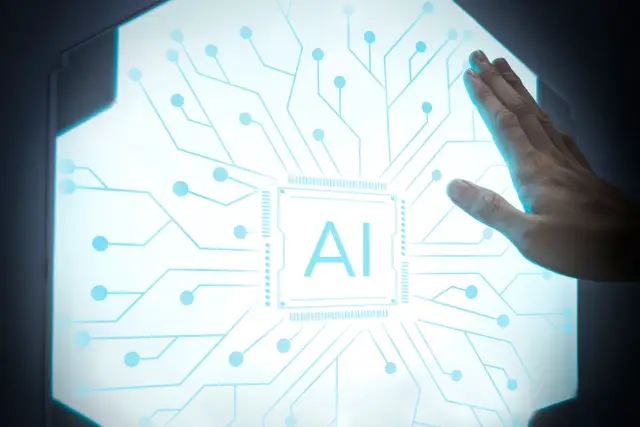AI Evolution: OpenAI CEO Sam Altman Addresses Artificial Intelligence's Potential and Hurdles
OpenAI CEO Sam Altman sheds insight on the exciting future of artificial intelligence, discusses the challenges of overregulation, and shares his optimism on technology's potential to transform education and productivity.

In a recent talk at Station F in Paris, Sam Altman, the CEO of OpenAI, talked about the promising potential of artificial intelligence (AI) and addressed the challenges facing its development and regulation. During his European tour, Altman has met with various heads of governments and startup communities, discussing topics such as AI regulation and the future of ChatGPT.
While conversing with French President Emmanuel Macron, Altman revealed they discussed striking the right balance between protecting and fostering AI technology. Altman's fast-paced tour aims to provide him with knowledge and perspectives beyond the Bay Area tech bubble.
As an authority in AI, Altman expressed his excitement about the technology's current state and multiple applications. He believes AI could revolutionize education, leading to a significant global shift. Additionally, he highlighted the value of AI models like GPT for enhancing productivity in various job fields, including software development.
Moving to the topic of regulation, Altman referred to his earlier statement at the University College London, where he warned about overreaching European regulations potentially forcing OpenAI out of the continent. However, he later clarified on Twitter that there are no plans for OpenAI to leave Europe. Elaborating on his previous comments, Altman emphasized the importance of being able to comply with regulations without compromising technical capabilities.
Altman's optimism extended to upcoming technological breakthroughs, such as nuclear fusion, which he believes will address climate change in the near future. While acknowledging AI's negative aspects, he thinks the benefits far overshadow the drawbacks. He called for a global regulatory framework akin to nuclear or biotech regulation and expressed confidence in achieving that balance.
When discussing OpenAI's upcoming plans, Altman mentioned the development of improved AI models with enhanced capabilities. The success of OpenAI and ChatGPT has attracted considerable competition in the field of large language models and generative AI, but Altman welcomes the challenge, as long as it doesn't undermine safety standards.
Altman envisions AI as a crucial enabler of technology and a tool for humans to unlock potential and tackle problems. He dismissed concerns about AI's impact on employment, stating that advanced technological tools would not necessarily result in reduced work or purpose for humans.
Using journalism as an example, Altman argued that AI could aid journalists in focusing on crucial tasks such as in-depth investigations and uncovering valuable information. This collaborative interaction between AI and humans will create an evolving synergy, with both adapting to each other's capabilities and needs.
As the AI landscape continues to evolve, platforms like AppMaster offer powerful no-code app development tools that integrate machine learning technologies, empowering users to design, build and deploy advanced solutions across various industries.





